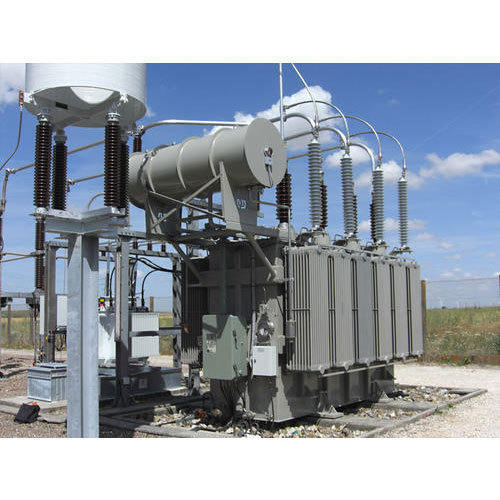Kaduna Electricity Distribution Company (KEDCO), Kebbi Central Area Office, on Thursday lamented that it was collecting less than 27 percent of its monthly revenue target.
Is’haq Is’haq-Gwamna, Manager of, the Kebbi Central Area Office, disclosed this while interacting with newsmen in his office in Birnin Kebbi.
The journalists were in the area office to clarify issues relating to epileptic power supply, load-shedding, low voltage, exorbitant billing, and unnecessary disconnection, among other issues.
He said: “What we are consuming in Birnin Kebbi Central Area Office is far greater than payments, the minimum consumption was N575 million and the highest money we generated was N192 million which is equivalent to less than 27 percent of our consumption.
“We are all Nigerians, we have the habit of not paying electricity bills. Go to our neighboring countries such as the Benin Republic or Niger Republic and see how they pay their energy bills.”
Is’haq-Gwamna appealed to KEDCO customers to imbibe the habit of paying for energy consumed to enable the company to remain in business.
He, however, lauded the Kebbi State Government for being alive to its responsibilities in the prompt payment of electricity for its ministries, departments, agencies, and parastatal agencies.
Related Articles
The manager also acknowledged the fact that the state government had been assisting the company in the area of the provision of transformers to different areas.
Speaking on prepaid meters, he said the company had 4,993 prepaid meters in the area, “but fewer than 2,600 are active”.
Is’haq-Gwamna insisted that a lot of people intentionally burnt their meters or come to the company with concocted stories about the state of the equipment.
On epileptic power supply, Is’haq-Gwamna blamed it on the low generation of energy from generating company not from KEDCO, saying: “the company gives out energy to its customers as received.”
He said the company was not billing customers exorbitantly and disconnecting them unnecessarily, blaming them for not paying their bills promptly.
“When people refuse to pay their bills, the company had no option but to disconnect such customers,” he noted.








